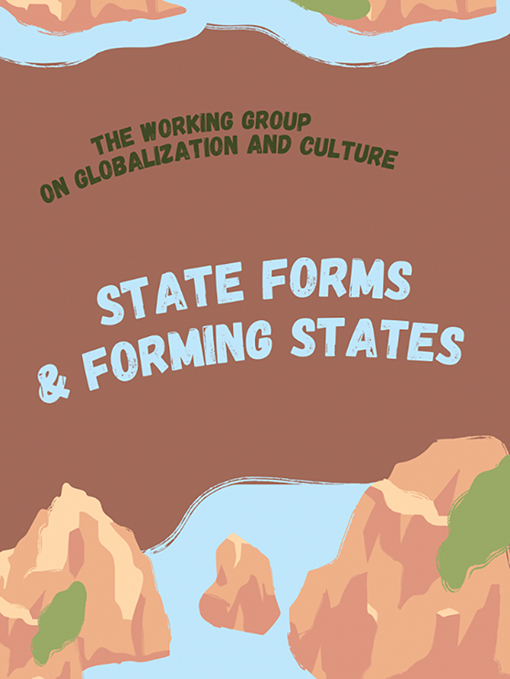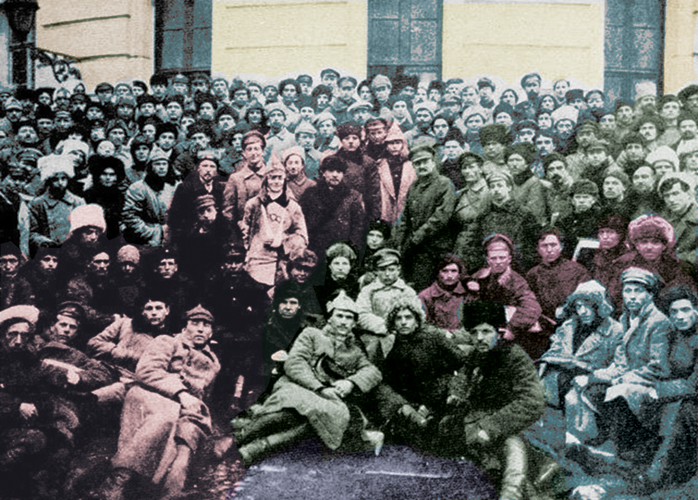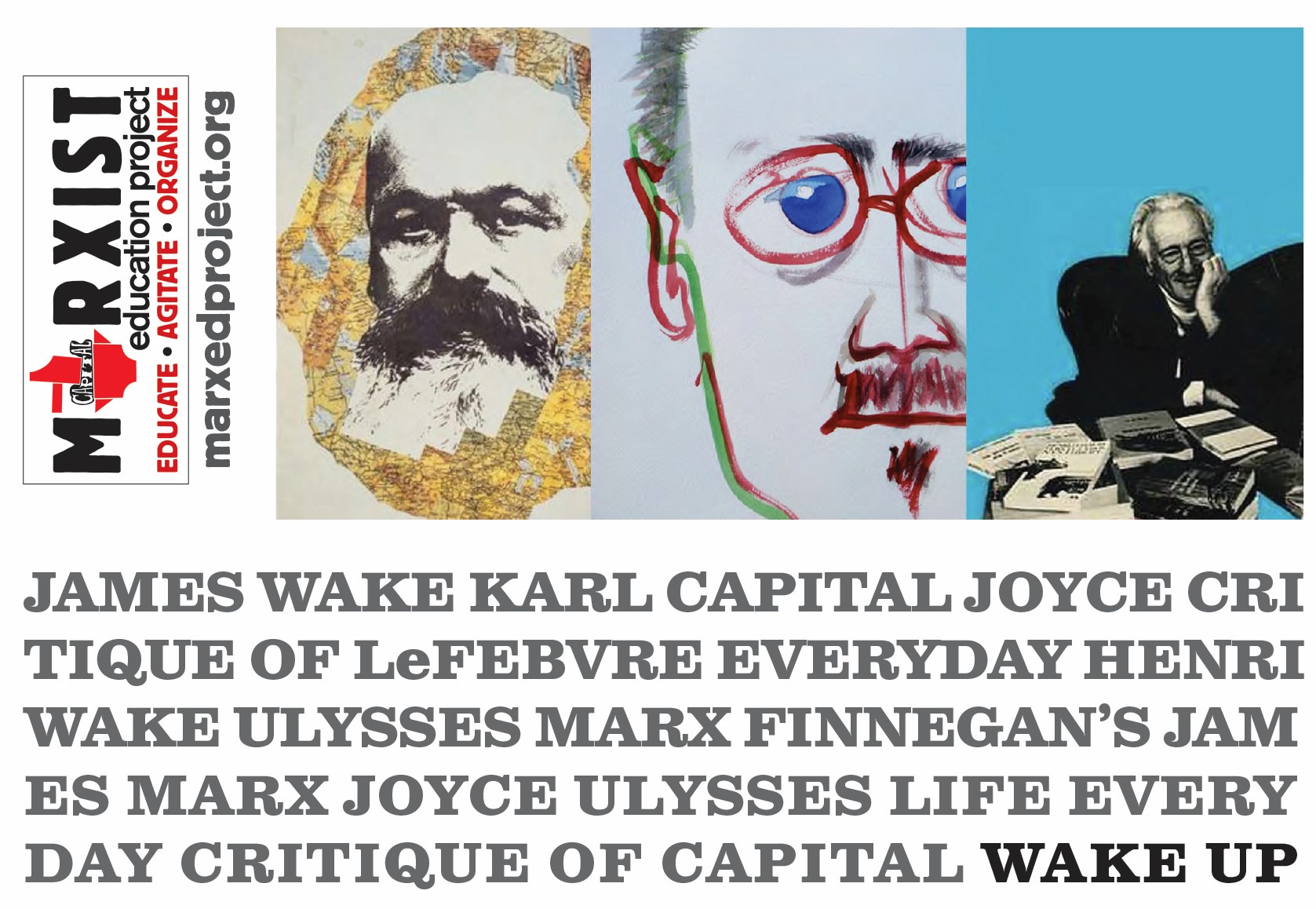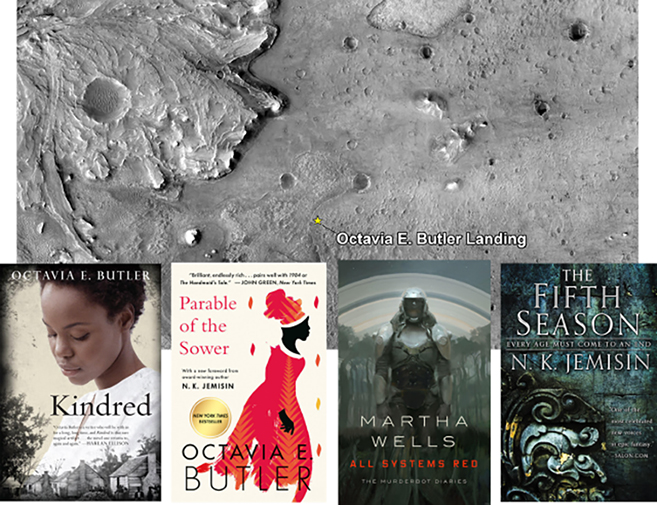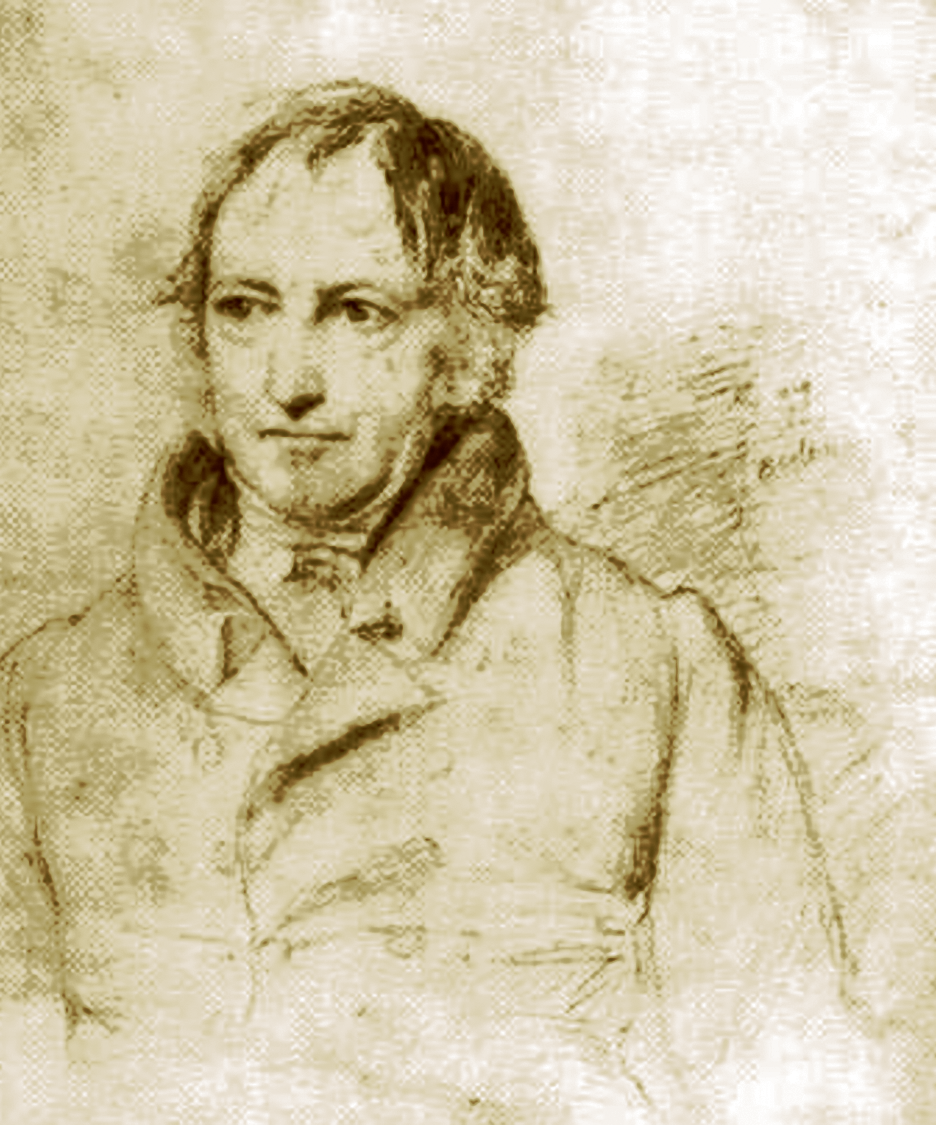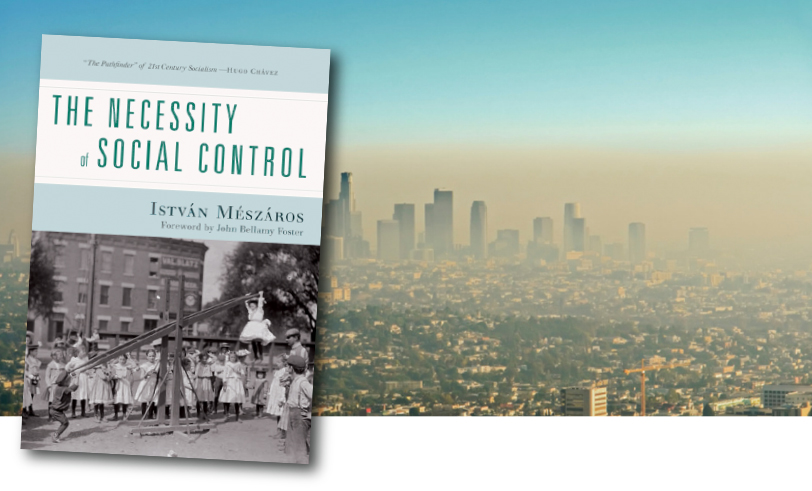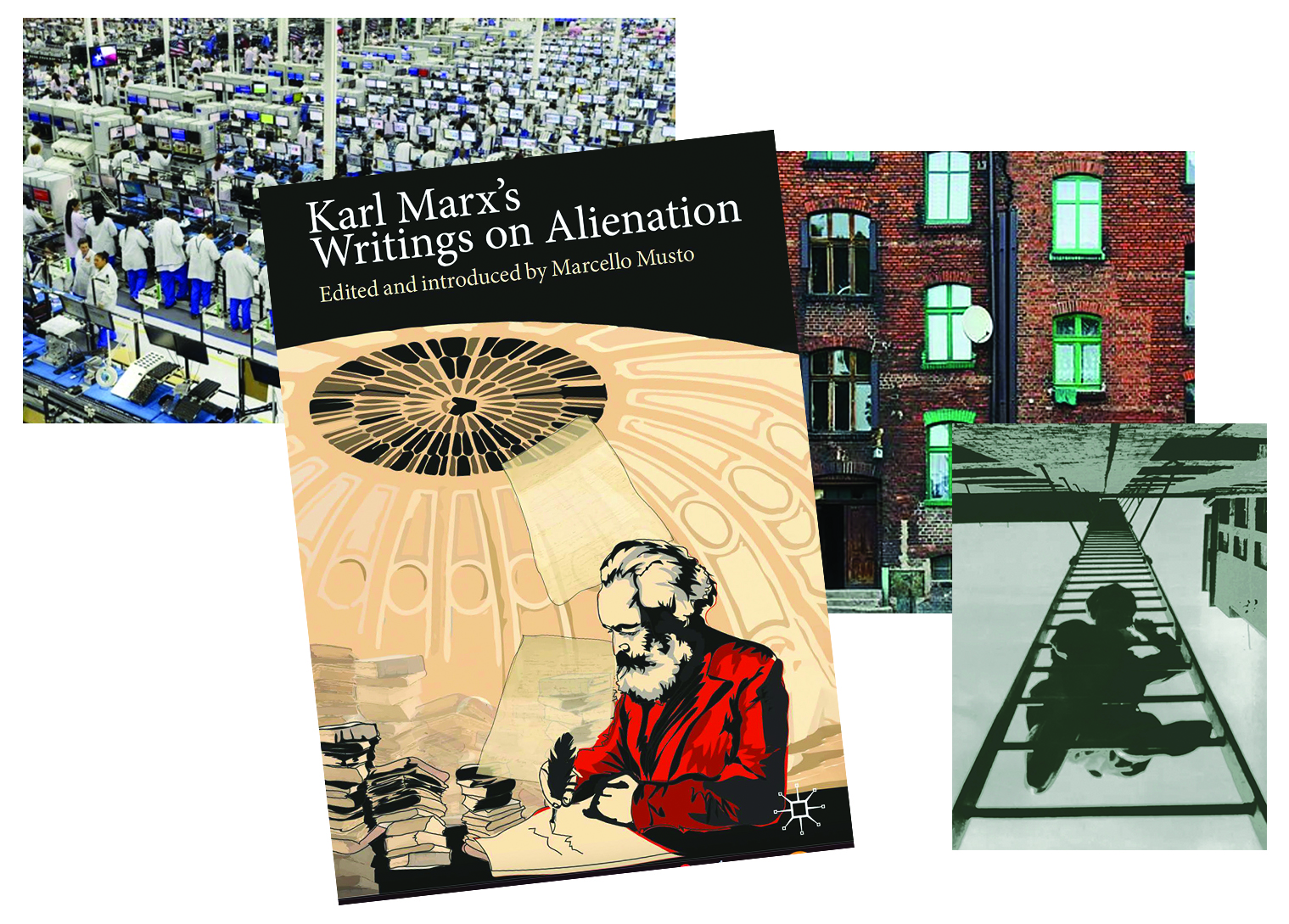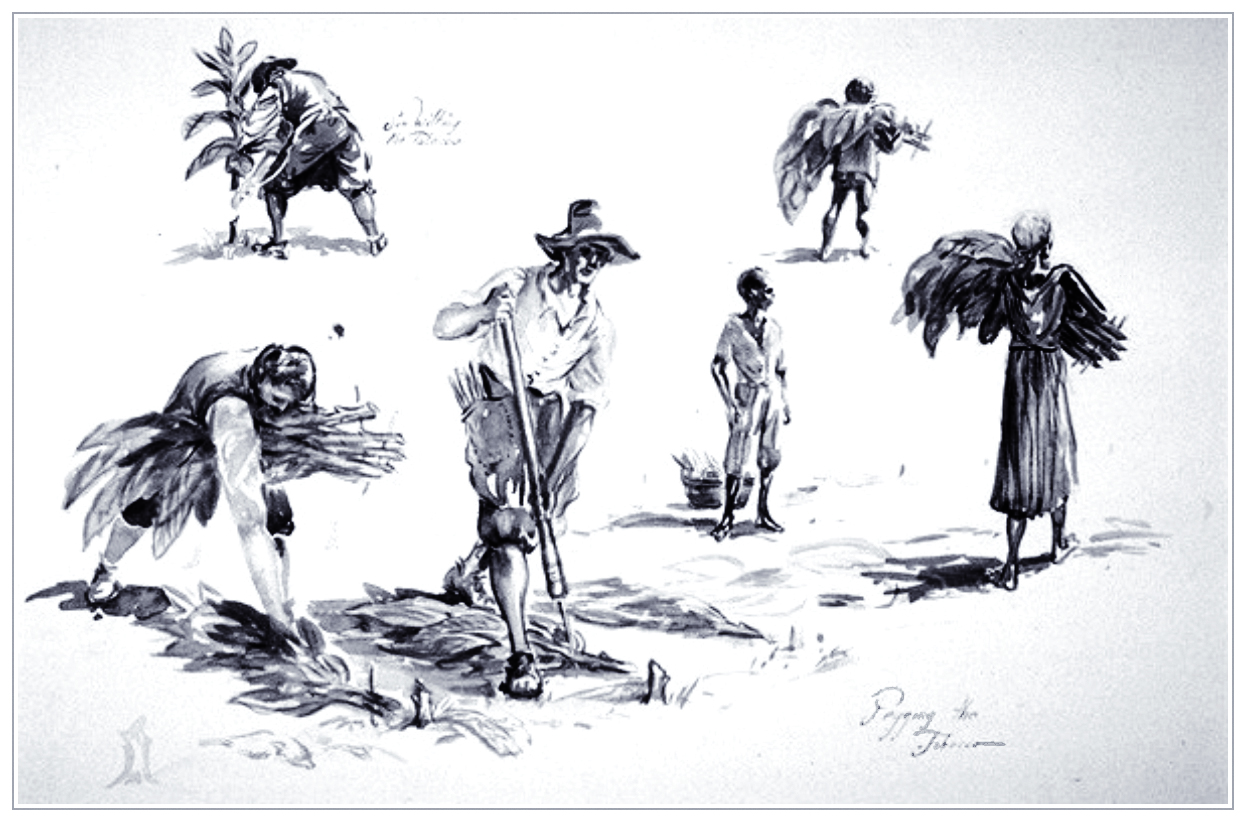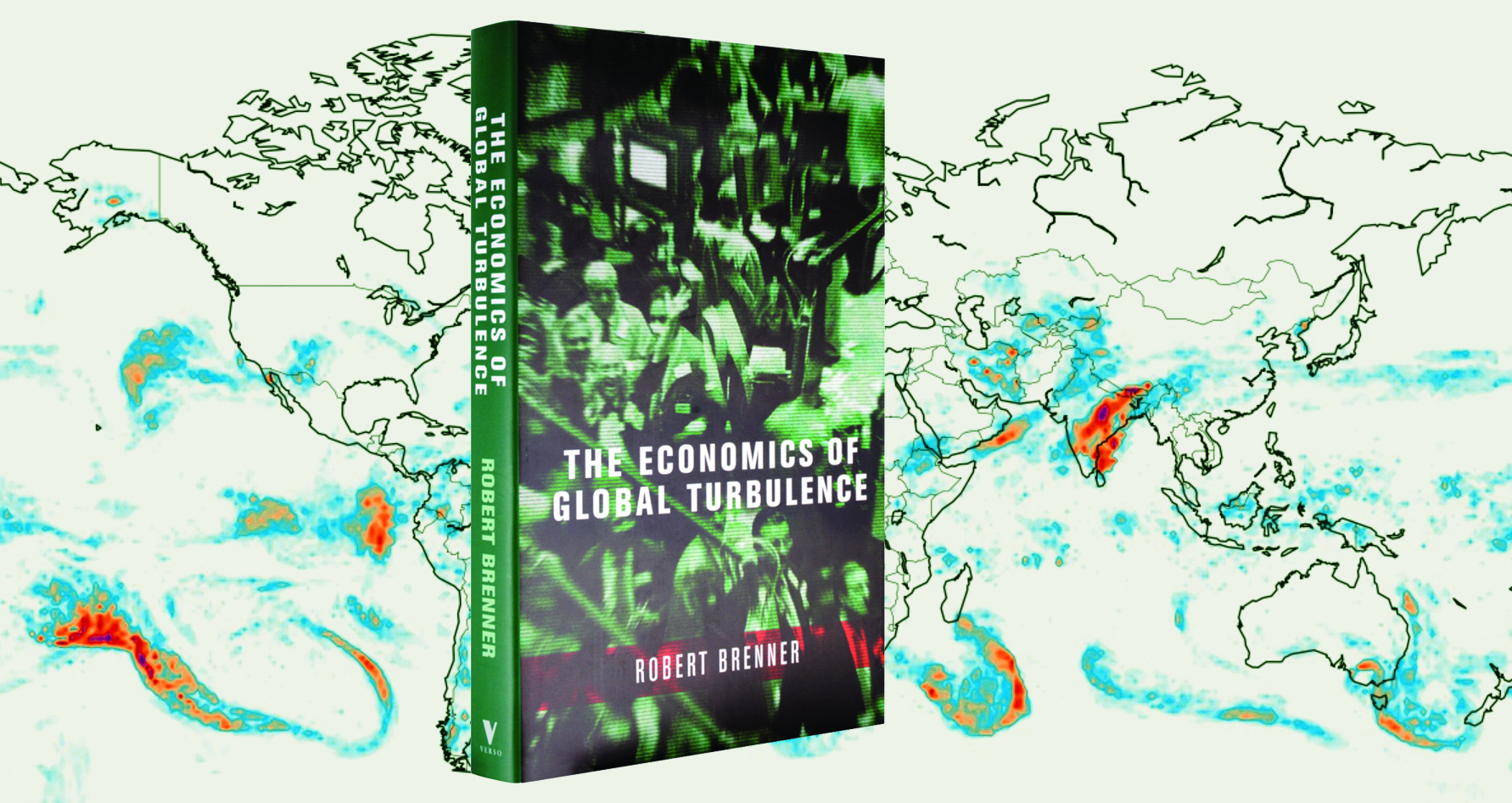Dream Lovers: The Gamification of Relationships
We are in the middle of a desirevolution — a fundamental and political transformation of the way we desire as human beings. Perhaps as always, new technologies - with their associated and inherited political biases - are organizing and mapping the future. What we don't seem to notice is that the primary way in which our lives are being transformed is through the manipulation and control of desire itself. Our very impulses, drives and urges are 'gamified' to suit particular economic and political agendas, changing the way we relate to everything from lovers and friends to food and politicians. Digital technologies are transforming the subject at the deepest level of desire – re-mapping its libidinal economy — in ways never before imagined possible.
State Forms and Forming States: A 2-day presentation
In a two-part presentation, the Yale Working Group on Globalization and Culture will share our collective research on states: states of governmentality, states of matter, states of being. States move through us, states congeal borders, states govern, states violate, states intervene, states organize abandonment, states let die. States also signal a condition of being–states of emergency, states of grace, states of matter, statelessness. What a sorry state you’re in!
4 Month Pass Offering Through September 30, 2022
Online: Zoom link will be provided to registered participantsThe four month pass is now $50 less than when initiating these passes. All events, classes and more for stated sliding scale fees until end of day, September 30, 2022.
Corporate Capitalism and the Integral State
Video available: https://youtu.be/-t2O5SmzCr4
Steve Maher’s new book uses the relationship between the American state and General Electric from 1880 to 1980 to develop an original conception of what Gramsci called the “integral state.” It shows how state power has been critical for the development and evolution of corporate organization.
Joyce, Marx, Lefebvre: Considerations for the 21st Century
Recording available on YouTubeA video of this August 20, 2022, event is available on the MEP's YouTube channel. Two days after Bloomsday 2022, Andy Merrifield joined us to consider how Karl Marx and Henri Lefebvre help shed new light on James Joyce - and vice versa. Capital circulated through Marx the same way the Liffey circulated through Joyce's Finnegan's Wake: ... Read more
From Science Fiction to Visionary Fiction: Learning from Octavia Butler
Writing in the years of momentous change from 1971 to 2006, Octavia Butler embodied the emergence of "visionary fiction" as a new way to write, read and draw inspiration from science fiction. This spring, the Marxist Education Project's first literature reading group devoted to science fiction will read Kindred (1979) and Parable of the Sower (1993), both now graphic novels and soon film and streaming series. Fifteen years on since her passing, Butler's influence continues to grow. We will also read NK Jemisin’s Fifth Season (2015) and Martha Wells’ All Systems Red (2017) to explore some of Butler's lasting legacy. We will also make room to explore related short stories, graphic novels, essays, films, and more.
Hegel for Radicals: Part 1—History
It has often been said that that Marx turned Hegel on his head. In this series we will explore the meaning of that phrase and its implications for those of us who are confronting problems of a world on fire. The problems we face today in this epoch of the decay of capitalism, imperialism, war, a global pandemic, economic crisis, the return of fascism, climate change are unprecedented.
We will begin by introducing the very idea of History, a unique contribution of Hegel to our understanding of the world. We will read some key writings of Hegel from the Philosophy of History and the Phenomenology of Spirit and explain their significance for our time.
Six Month Pass through November 30, 2022
Online: Zoom link will be provided to registered participantsWe are now offering a six month pass for the prices of the previous 4 month passes. If you are paying for yourself and any additional person, you are now able to have two people attend all events, classes or film showings (post-pandemic) that The MEP offers.
The Working Class and the Middle Classes: Allies or Foes? with John Milios
Recording available on YouTubeA lecture by JOHN MILIOS, Professor of Political Economy at the National Technical University of Athens. The classical political economists defined three social classes on the basis of their forms of income: capitalists (profits), workers (wages), and landowners (rents). Marx, in his critique of political economy, developed a new, non-economistic and non-mechanistic "relational" class theory. On the basis of Marx's approach, we can tackle complex problems concerning the class structure of contemporary societies and the gray area between the working and middle classes.
The Necessity of Social Control by István Mészáros
“We are living in a time of unprecedented historical crisis, which affects all forms of the capital system, not just capitalism. It is easy to understand, then, that the only thing that could produce a viable solution to the contradictions that we have to face would be a radical socialist alternative to capital’s mode of social metabolic control.” István Mészáros
A close reading of Karl Marx’s Writings on Alienation
In this anthology Marcello Musto focuses in on Marx’s later economic works, in which his thoughts on alienation were elaborated rather differently than in his philosophical manuscripts. Additionally, the writings collated in this volume are unique in their presentation of not only Marx’s critique of capitalism, but also his suggestions about communist society. This wide-ranging collection of Marx’s ideas on alienation provides an important critical tool both for understanding the past and for building a critique of contemporary society.
Annual Pass
This pass entitles the purchaser to attend any or all Marxist Education Project classes and events during an entire year from the month of purchase. (For example, a pass purchased on January 7, 2023, will be valid until January 31, 2024.)
Invention of the White Race – Fall 2022
Online: Zoom link will be provided to registered participantsA reading and discussion group convened with Sean Ahern, on Theodore W. Allen's The Invention of the White Race. In 1972, after over 30 years of activism in the labor and communist movements, Allen shared the following strategic insight with a new generation of revolutionaries: “The most vulnerable point at which a decisive blow can be struck against bourgeois rule in the United States is white supremacy. White supremacy is both the keystone (in the arch) and the Achilles heel of U.S. bourgeois democracy, the historic form of bourgeois rule in the US. It is a vulnerable point because it is a historically developed and unresolvable internal contradiction of US bourgeois democracy. It is the decisive vulnerable point because – as history has repeatedly proved – the basic class contradictions in bourgeois democracy can never fully mature until and unless the anti-proletarian nature of white supremacy has been completely established in the minds of the proletarian masses.” Allen spent the next 20 years researching the primary sources and writing his magnum opus.
Robert Brenner’s The Economics of Global Turbulence
We are engaged in a close reading and extensive discussion of Robert Brenner's The Economics of Global Turbulence: The Advanced Capitalist Economies from Long Boom to Long Downturn, 1945-2005. We read 10 to 15 pages in each session and expect to finish the book in 6 months. We will follow up with a reading of other recent works by Brenner, including The Boom and the Bubble.
Science Fiction/ Visionary Fiction Reading Group Summer Season
“The use of imaginative fiction is to deepen your understanding of your world, and your fellow men, and your own feelings, and your destiny." “People who deny the existence of dragons are often eaten by dragons. From within.” --The Language of the Night: Essays on Fantasy and Science Fiction by Ursula K. Le Guin Summertime ... Read more


